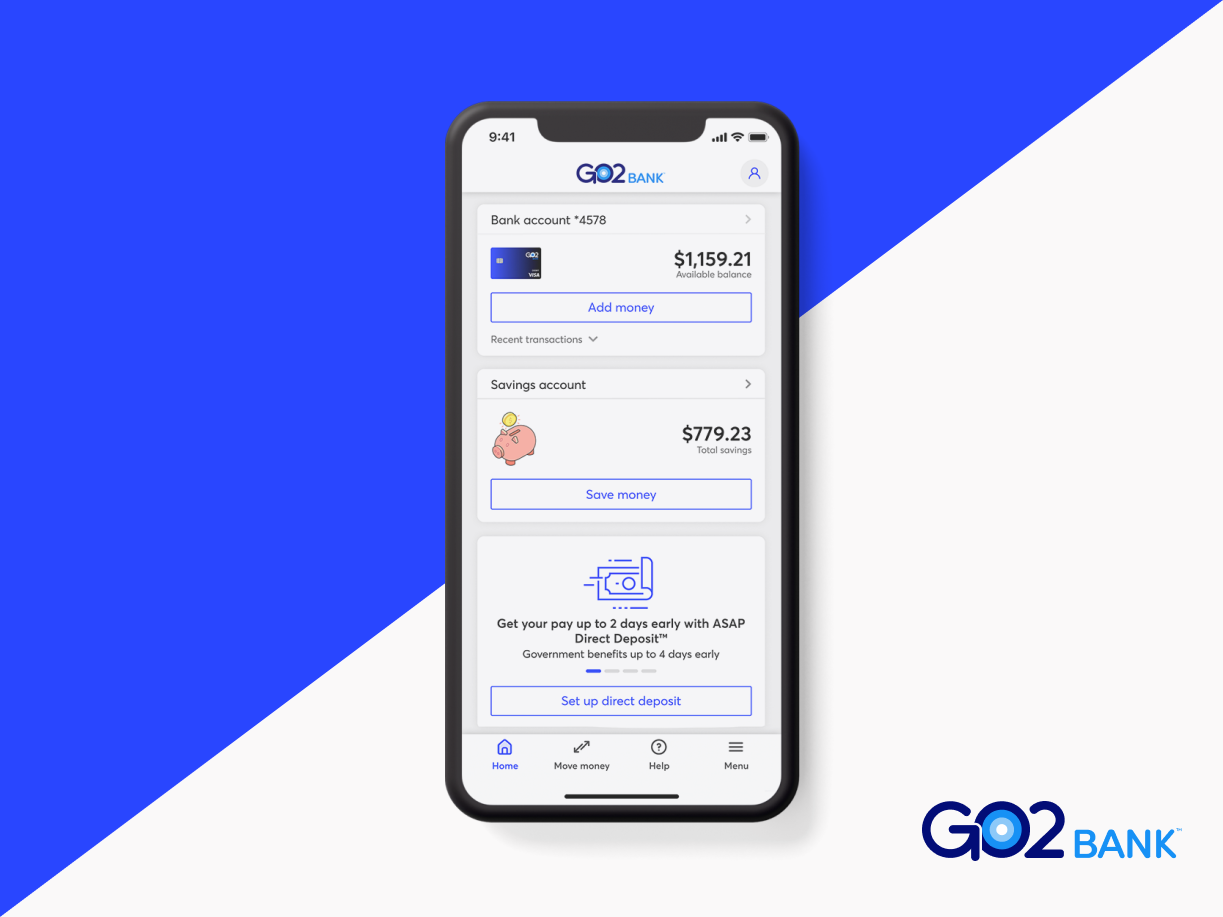
Debt can be both a useful tool and a burdensome chain. In a rapidly fluctuating financial climate, understanding the options and intricacies of debt relief becomes paramount for those seeking financial solvency. Without proper knowledge of debt relief options, individuals may find themselves trapped in a never-ending cycle of repayments, struggling to make ends meet.
However, with the right strategies and assistance, debt can be managed effectively, providing individuals with the opportunity to regain control over their finances and achieve long-term stability.

Seeking Debt Relief Solutions?
-
Get a 100% FREE initial consultation
-
No obligation savings estimate
-
Discover potential alternatives to bankruptcy
The Origin of Personal Debt
From student loans to credit cards, mortgages to emergency expenses, personal debt can accrue through various channels. While credit provides opportunities for growth and stability, unchecked or unexpected debts can snowball, leading to dire financial consequences.
It is important to understand that personal debt is not inherently bad, as it can be a means to achieve important life goals such as education or homeownership. However, when debt becomes unmanageable or exceeds one's ability to repay, it can become a burden that hinders financial progress and causes stress. Seeking professional guidance and implementing effective strategies can help individuals tackle their personal debt and work towards a more secure financial future.
Debt Relief: The Basics
Debt relief programs offer structured solutions to reduce or eliminate personal debt. These can include negotiations with creditors, consolidation options, or strategies tailored to individual circumstances. But, like all financial decisions, it's crucial to understand each method's pros and cons.
Debt relief programs can provide individuals with a sense of relief and peace of mind as they offer a path towards becoming debt-free. However, it's important to note that these programs may have an impact on credit scores and may not be suitable for everyone. Therefore, it's advisable to consult with a financial advisor or credit counselor to determine the best course of action based on one's specific financial situation.
Consolidation vs. Settlement
Consolidation involves taking multiple debts and merging them into a single loan, usually with a lower interest rate. This simplifies payment structures and can reduce the amount paid over time. On the other hand, debt settlement involves negotiating with creditors to settle the debt for a lower amount than what is owed. This can result in a significant reduction in total debt but may have a negative impact on credit scores. It's important to carefully consider the pros and cons of each option before making a decision.
Settlement, on the other hand, involves negotiating with creditors to reduce the overall debt owed. While it can significantly lower debt, it can also impact credit scores. Additionally, debt settlement typically requires the debtor to make lump sum payments or set up a payment plan to repay the reduced amount. It is important to note that not all creditors may be willing to negotiate a settlement, and it may take time and effort to reach an agreement. Therefore, individuals should thoroughly assess their financial situation and consult with a professional before pursuing debt settlement as an option.
The Role of Debt Counseling
Before diving into any debt relief program, seeking professional counseling can provide clarity. A counselor can offer personalized strategies, educate on potential pitfalls, and guide individuals toward the best solution for their unique situation.
Debt counseling can also help individuals understand the potential impact of debt settlement on their credit score and overall financial health. Additionally, counselors can assist in negotiating with creditors and creating a realistic budget to ensure successful debt management in the long run.
Considering Debt Relief?
Get a free consultation and learn about potential bankruptcy alternatives. Achieve financial freedom sooner than you think.
Avoiding Debt Relief Scams
Unfortunately, the industry isn't free from predatory practices. Always ensure the legitimacy of a company before engaging in their services. Check reviews, ask for references, and avoid organizations that demand upfront fees.
Additionally, it is important to be cautious of companies that make unrealistic promises or pressure you into making hasty decisions. Take the time to thoroughly research and compare different debt relief options to find the one that best suits your needs. By being vigilant and informed, you can protect yourself from falling victim to debt relief scams and find a reputable organization that can genuinely help you achieve financial stability.
The Emotional Toll of Debt
Beyond the numbers, it's essential to recognize the emotional and psychological impact of debt. Relief solutions don't just offer financial respite; they can pave the way for improved mental well-being and a brighter, more hopeful outlook on the future.
Debt can cause immense stress, anxiety, and even depression, affecting your overall quality of life. Seeking debt relief can provide a sense of relief and empower you to regain control over your financial situation, leading to increased peace of mind and a renewed sense of optimism for the future.

Ready to Break Free from Debt?
-
FREE and no-obligation financial analysis
-
Tailored solutions for individual needs
-
Avoid the pitfalls of bankruptcy
Conclusion
While the maze of debt relief might seem daunting, armed with knowledge and the right resources, anyone can chart a course toward financial freedom. Always remember to make informed decisions, seek expert advice, and prioritize your well-being, both financial and emotional.
Remember, seeking debt relief is not a sign of failure or weakness, but rather a proactive step towards improving your financial health. By taking control of your debt and working towards a solution, you are setting yourself up for a brighter and more stable future. Don't hesitate to reach out for help and support along the way - there are resources available to assist you on your journey to financial freedom.



